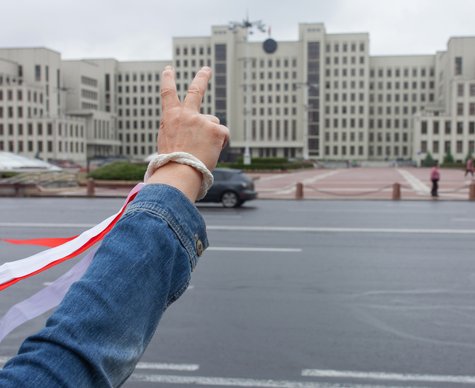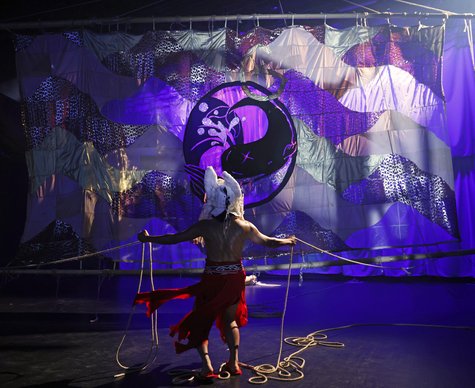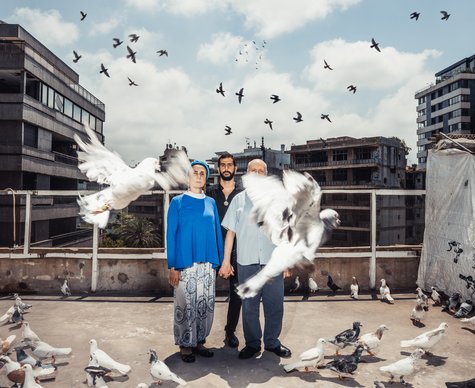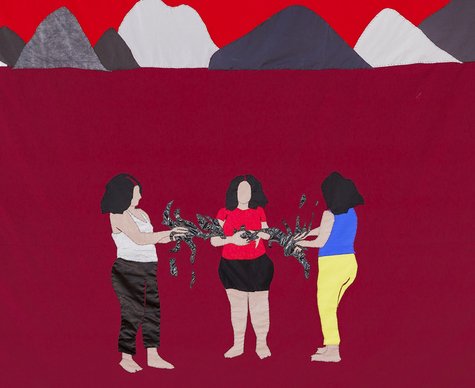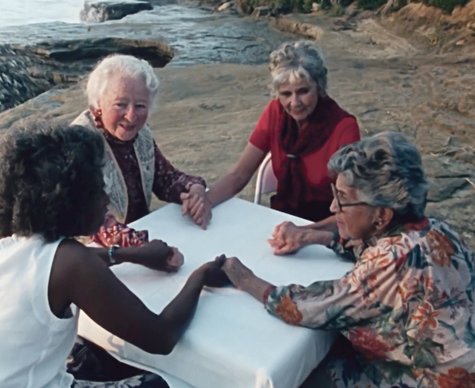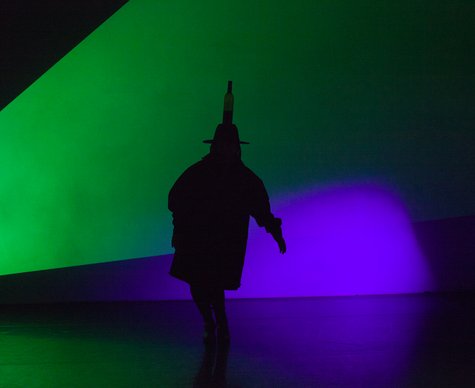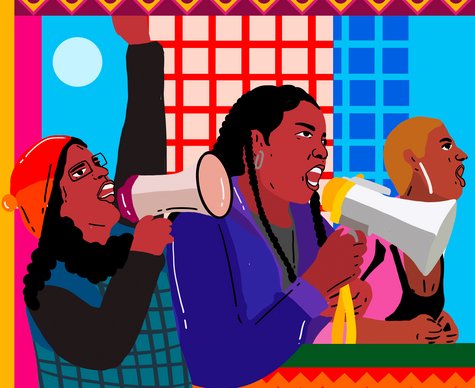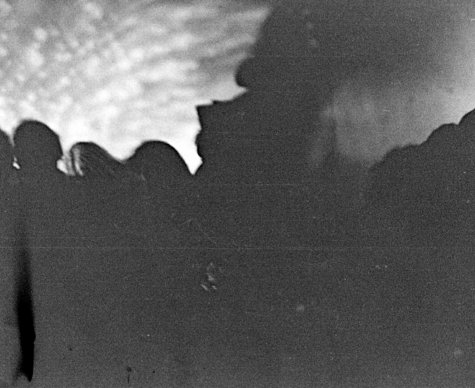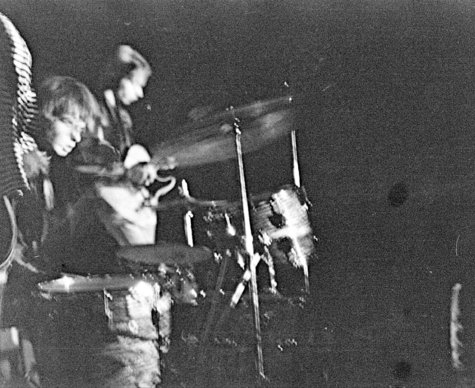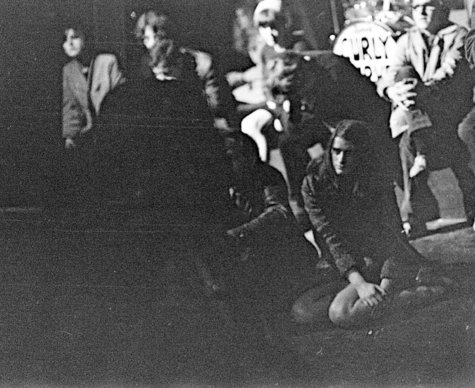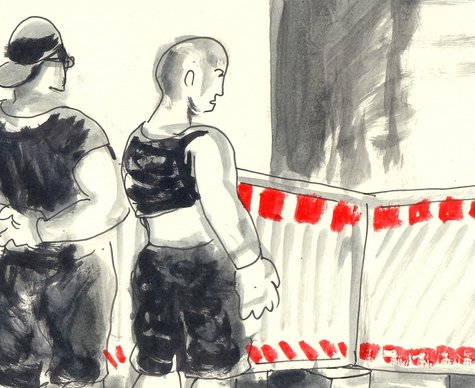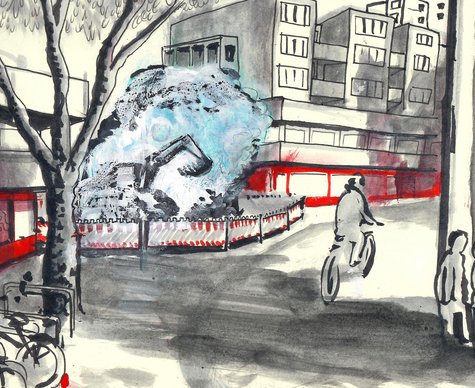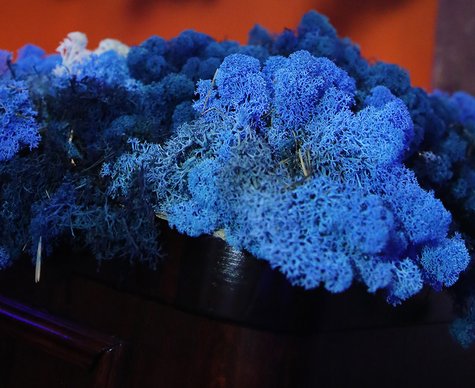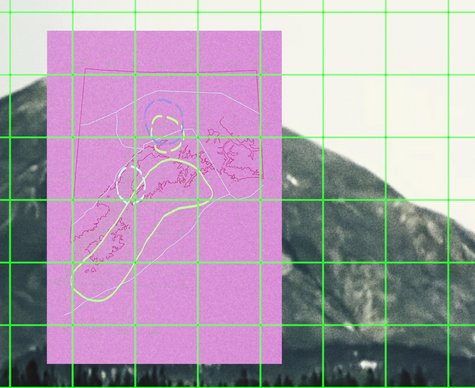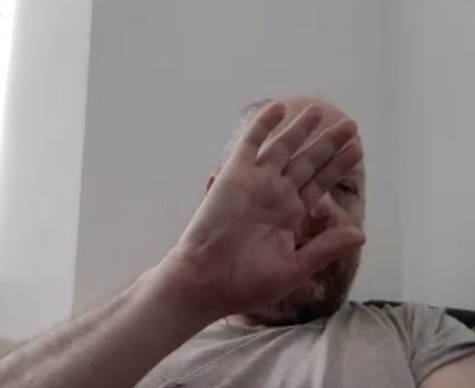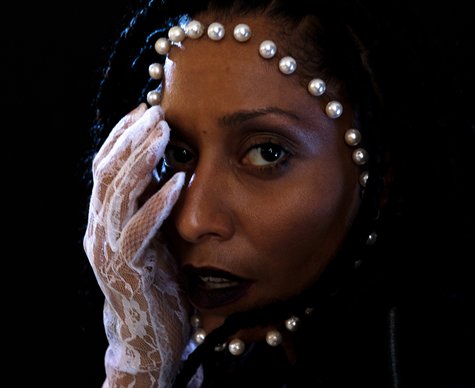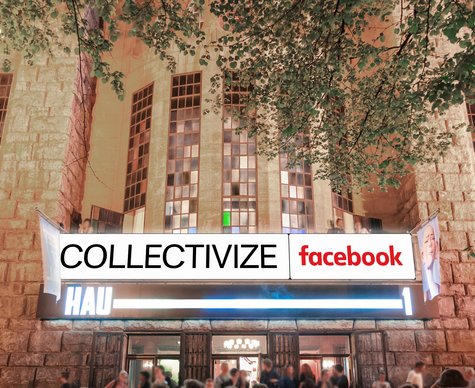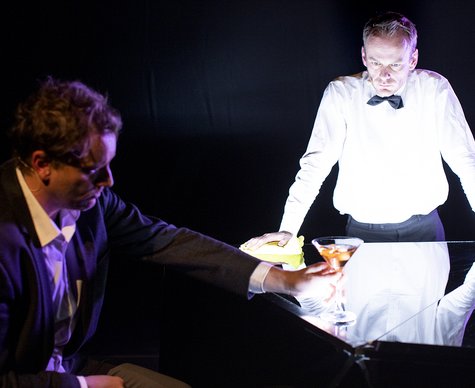“Shark Island” and “Swakopmund” – On Shared Memory between Namibia and Germany
A collaboration between Forensic Architecture, Forensis, Nama Traditional Leaders Association and Ovaherero Traditional Authority
Film screening and discussion
With: Andrea Pietrafesa (ECCHR), Johannes Ortmann (NTLA), Ibou Diop, Mark Mushiva (Forensis) und Eyal Weizman (Forensic Architecture). Moderation: Andrea Böhm (Die Zeit)
Film: English with German subtitles
Discussion: English and German with English and German simultaneous translation
- Dialogue
- Film
The investigative non-profit research agencies Forensic Architecture and Forensis are working together with the Nama Traditional Leaders Association (NTLA) and the Ovaherero Traditional Authority (OTA) to retrieve the historical evidence of the first genocide of the 20th century, in which thousands of Nama and Ovaherero were murdered by the German colonial army between 1904 and 1908 in contemporary Namibia. The presentation at HAU1will focus on their investigations of central sites of genocidal atrocities: the concentration camps on Shark Island and in Swakopmund.
Shark Island is the site of a former concentration camp where over 4.000 people were imprisoned and killed. Not only is it currently buried under a tourist camp site, but its character as a place of remembrance and memorialisation is further endangered by a large-scale industrial development project with German support. Next to Shark Island the town of Swakopmund is another site of colonial atrocities: it bears evidence of a further concentration camp located at its center, alongside various sites of forced labour, and reveals the violent encroachment of urban development over the unmarked graves of genocide victims. The projects on Shark Island and Swakopmund emphasize the importance of preserving and commemorating these historical sites. Their erasure threatens the collective memory that connects Germany, Namibia, and the Nama and Ovaherero peoples.
The cases will be presented through two investigative films followed by a panel discussion with international guests; amongst others with Johannes Ortmann from the NTLA, the curator and expert on German colonial history Ibou Diop, Zeit journalist Andrea Böhm and Forensis senior researcher Mark Mushiva. The discussion will focus on questions of cultural heritage, recognition of colonial crimes, and the much-needed re-opening of the discussion about the shared culture of remembrance and legal responsibility.
The films “Shark Island” and “Swakopmund” have been produced by Forensis and Forensic Architecture in collaboration with the Nama Traditional Leaders Association (NTLA), and the Ovaherero Traditional Authority (OTA).
Dates
Location
HAU1
Stresemannstr. 29, 10963 BerlinThere are two marked parking spots in front of the building. Access to the Parkett by means of a separate entrance with lift when necessary. Barrier-free restroom facilities are available. Tickets for wheelchair users and accompanying persons can be booked via the ticketing system. If you need any help, please contact our Ticketing & Service team at +49 (0)30 259004-27 or send us an email at
tickets@hebbel-am-ufer.de.


















